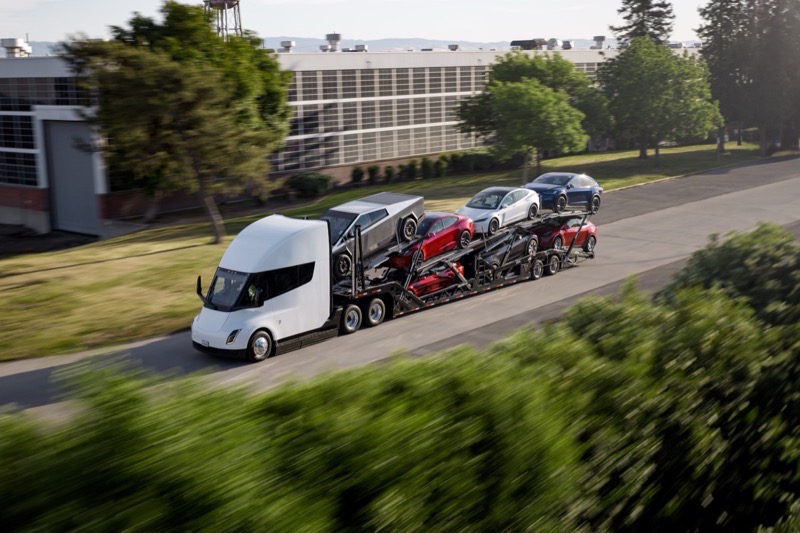Recently, Tesla’s sales in Europe took a hit, dropping by more than 45% in January compared to the same period in 2024. This decline in demand has been attributed to CEO Elon Musk’s increasing involvement in regional politics, particularly his endorsement of Germany’s far-right Alternative for Germany (AfD) party and his criticism of the EU as “undemocratic.”
According to the latest data from the European Automobile Manufacturers’ Association, Tesla sold 9,900 vehicles across Europe last month, resulting in a market share drop from 1.8% to 1%. In contrast, overall electric vehicle (EV) sales in Europe rose by 37% to 166,000 units, while gasoline and diesel vehicle sales experienced sharp declines of 20.5% and 26.5%, respectively.
Analysts suggest that another reason for Tesla’s decline in sales could be consumers holding off on purchases in anticipation of the refreshed Model Y, expected to be released later in 2025. The company’s website indicates a possible release date in March for the updated model.
On the other hand, SAIC Motor, a Chinese state-backed automaker, saw a 37% increase in sales to 23,000 vehicles in Europe, capitalizing on the growing demand for affordable EVs. Overall new vehicle registrations in Europe fell by 2.1% to just under one million vehicles in January.
As a result of these sales figures, shares of Tesla are currently trading at $300.33, with a 9% decrease. Over the past week, shares have dropped by 16.27%, and in the last month, they have seen a 25% decrease in value. This downward trend in share prices reflects the challenges faced by Tesla in the European market and the impact of Musk’s controversial political statements on the company’s sales performance.

